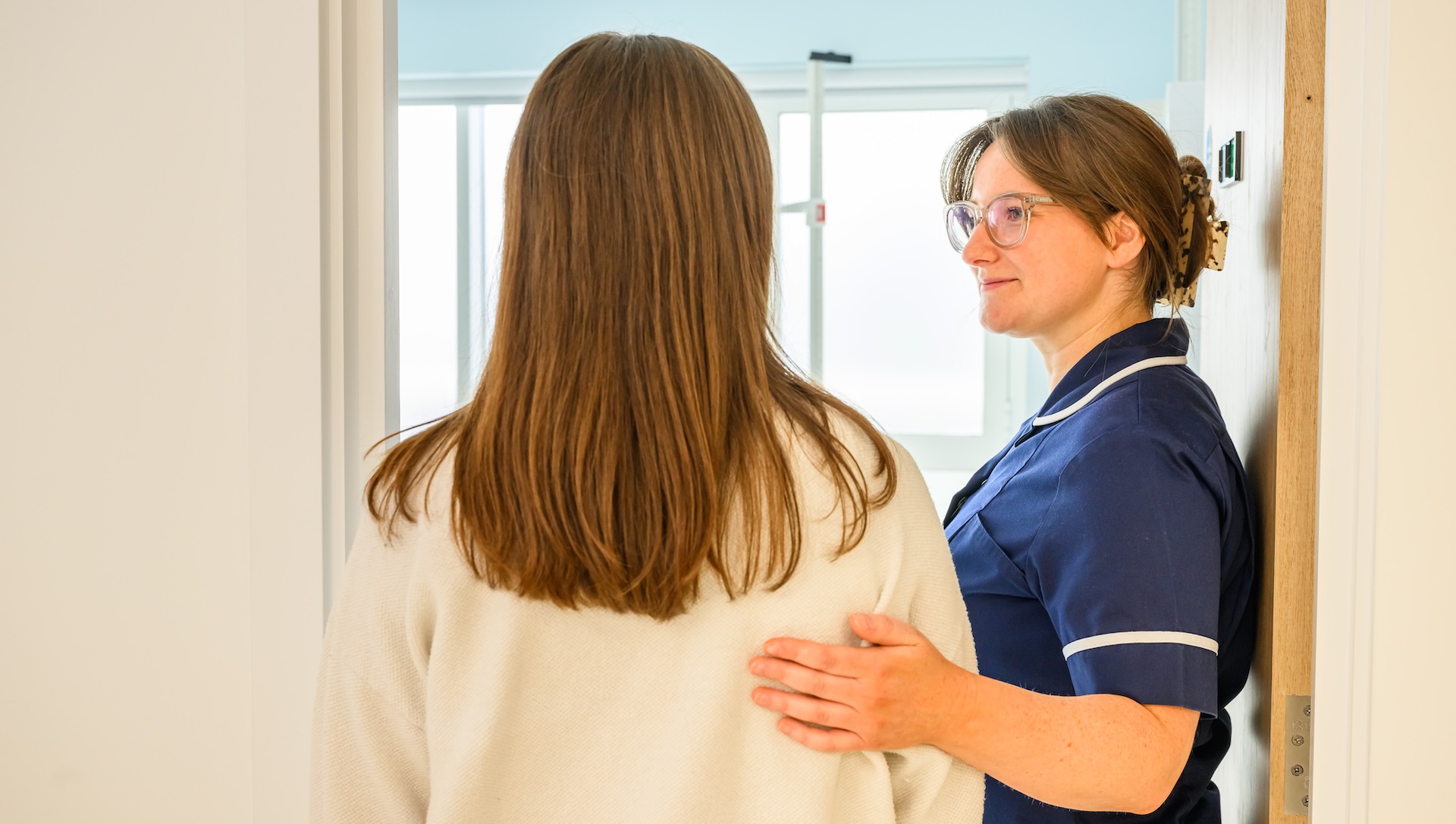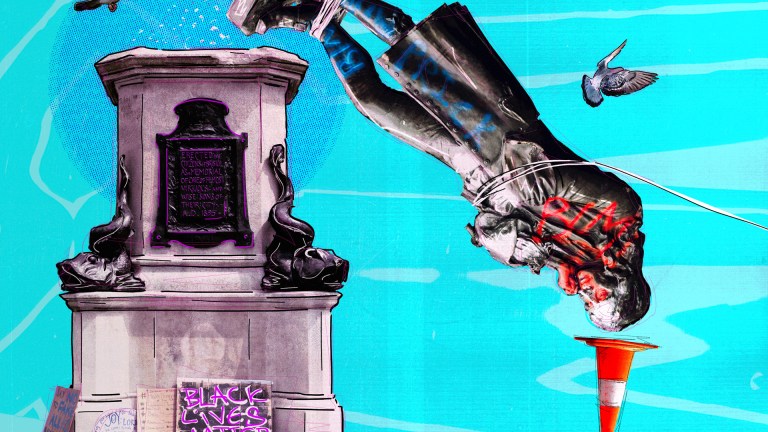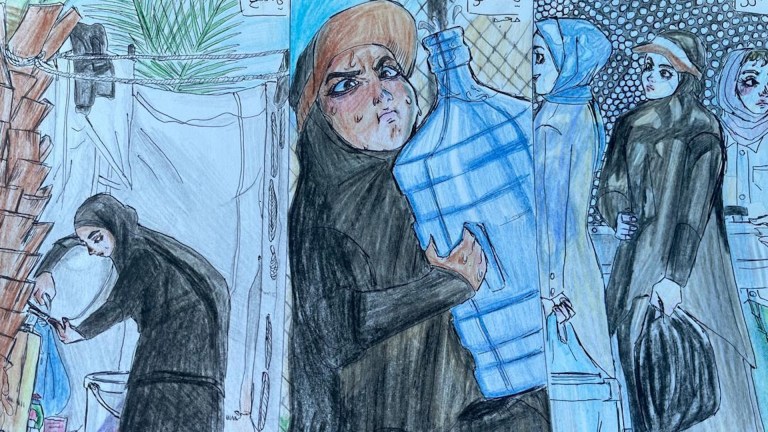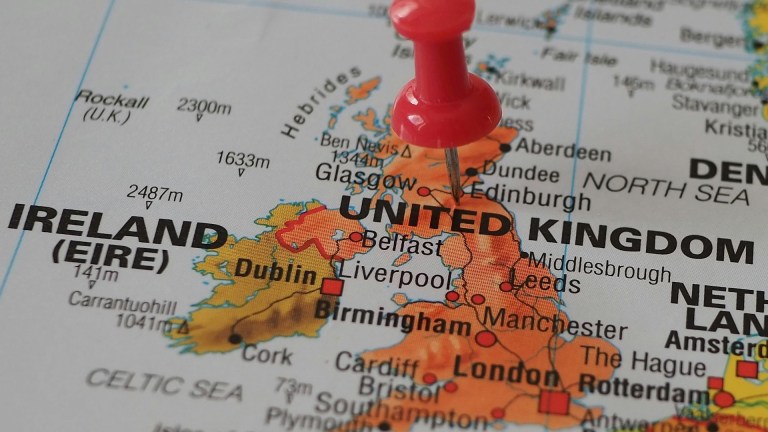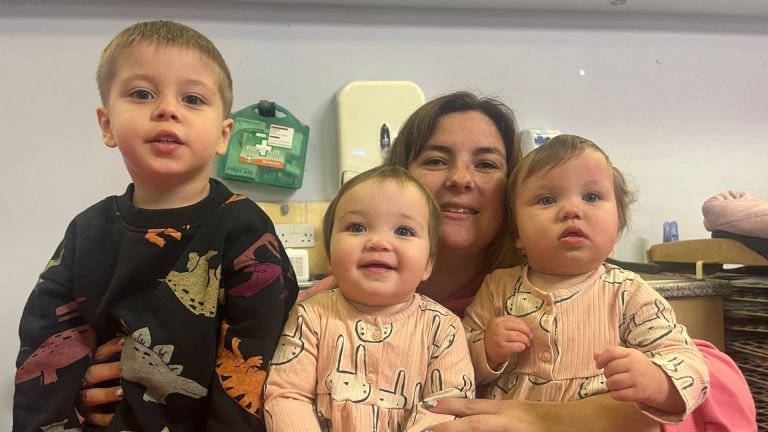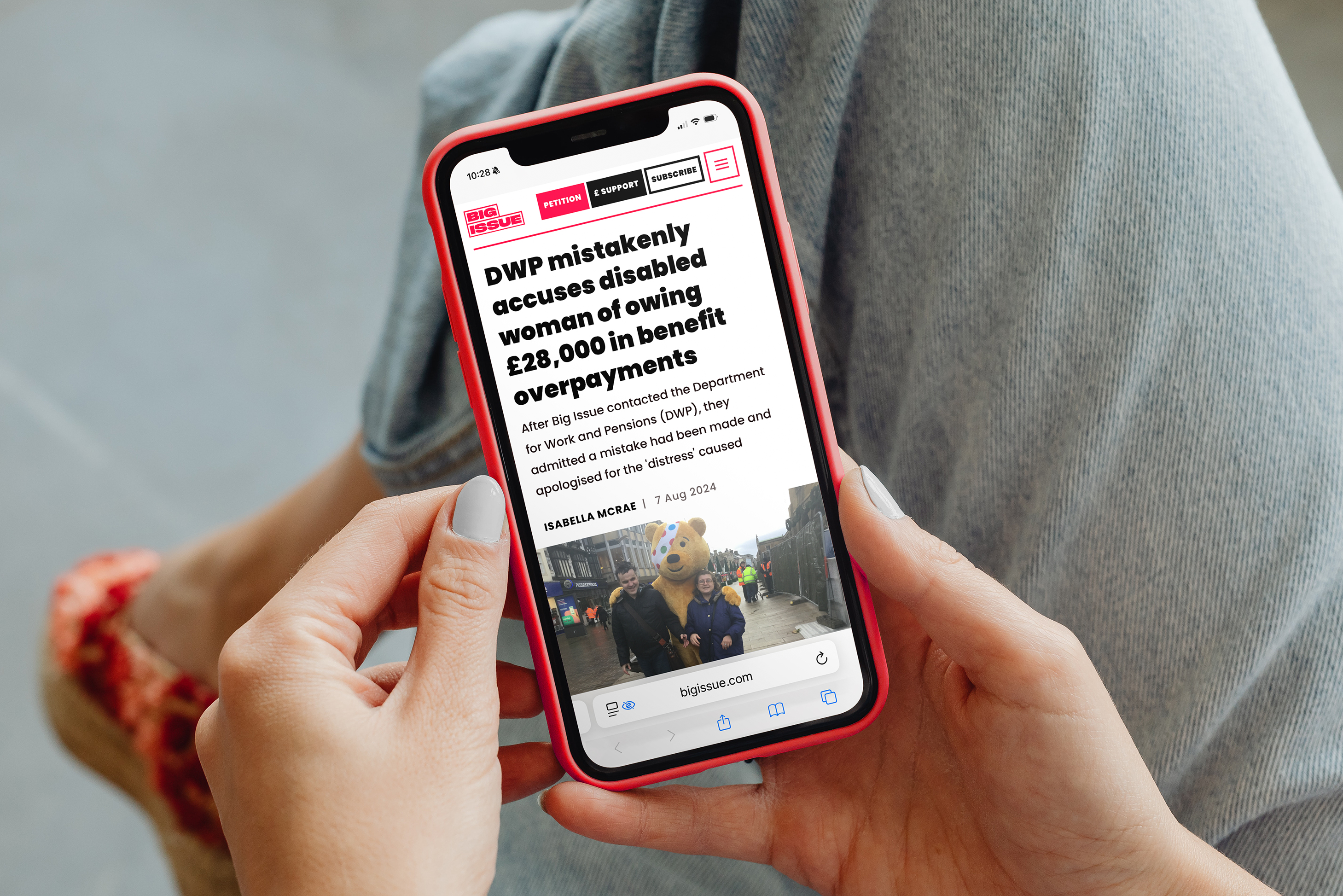What barriers do women experiencing homelessness face when it comes to accessing abortions?
AM: One of the main things is frequent relocation between temporary accommodations or during sofa surfing. It happens with very little notice and that can disrupt care. It can cause issues with registering with a GP. There’s limited access to information via the internet.
Women might have difficulty navigating what services are on offer and how to contact them, or understanding the medical processes. There’s fear of stigma or judgement from healthcare providers, and I think that can discourage people from accessing services.
Women may not have access to safe spaces to recover. With medical terminations, they’re able to take them at home and pass the pregnancy at home or in a safe space. Often women that are experiencing housing insecurity don’t have that space, so they have to opt for surgical abortion, which is more of a process. We can provide support to make that safer.
We could offer the earliest appointment in the day so they can stay with us as long as they need to throughout the entire day. We can support them with a safe discharge plan, whether that’s providing them with overnight accommodation in a hotel, or supporting them with transport funds. There’s lots of things we can do for women that feel able to speak up about the fact they are struggling, but lots of women don’t feel able to disclose that, which is sad.
AC: People experience homelessness in so many different ways, but particularly if you’re multiply disadvantaged in your homelessness, there are so many layers to it. When I worked in homelessness, it was hard to support some people even into a healthcare appointment. When you add abortion or contraception into the mix, it’s even harder.
Advertising helps fund Big Issue’s mission to end poverty
I think with someone experiencing homelessness, it’s about meeting them where they are. Access is so important and it’s about being creative in our approach. Then there’s also that stigma, because there’s stigma attached to so many things in homelessness, whether that’s relationships or substance use or domestic violence. And there’s stigma attached to abortion too.
Homelessness charities have told us that the majority of women who have faced homelessness have experienced abuse. Is that something that you have to consider in abortion care?
AM: That’s something we see a lot of. Domestic abuse is one of the leading causes of homelessness among women in the UK. I think many women are forced between staying in that abusive relationship or not having anywhere to stay.
It’s not just physical violence or coercive control, it’s things like economic abuse – having an abusive partner that’s controlling their finances, access to transport, withholding their passports, their bank details, tracking their movements. It limits a woman’s ability to be able to leave and find safe spaces to go.
We have advanced safeguarding practitioners in every main region across the UK, and they support the most vulnerable women and girls that come through our services. The main point is to be really trauma-informed and provide that continuity. It’s so important to offer women safety and comfort.
Does lack of housing make it more challenging to do your work?
Advertising helps fund Big Issue’s mission to end poverty
AC: It’s lack of housing and it’s also lack of awareness. The information available is often limited, and provision varies so much across the country. Even in London, you can go from one borough and the provision available to women who are experiencing homelessness is completely different to the borough directly next to it, so that only adds to the barriers that women face, but also adds to the difficulties that frontline teams are facing.
We’re very excited to be contributing or participating in this year’s women’s rough sleeping census in London. We’ll be supporting and working with Solace in that, and we hope that we’ll be able to support with that data and help services build an accurate picture of what’s going on.
We’re also establishing a South London pilot in collaboration with a homelessness and women’s sanctuary service. We’ll be co-producing care packs alongside their service users, which will directly support women accessing our services. It’s a really positive piece of work relating to supporting women experiencing homelessness.
Financial circumstances and housing situations may come into a decision to have an abortion. How do you support women to navigate those feelings?
AM: Sometimes women just want an abortion, and that’s absolutely fine. But it’s about having those open conversations with those women and making sure that they know all of their options. If they are unsure about their decision, which some women are, is there anything we can do to support them in that? It could be accessing counselling with us.
If they are being coerced into having this termination because their partner wants them to keep the pregnancy, it’s trying to get them to a safe space where they’ll get help. We’ll reach out to the National Centre for Domestic Violence. We’ll try to get them into a refuge. It’s about just giving them the choice and helping them get to that choice with all the information they could possibly have.
Advertising helps fund Big Issue’s mission to end poverty
Find out more about MSI Reproductive Choices and the support they can offer.
Do you have a story to tell or opinions to share about this? Get in touch and tell us more.
Reader-funded since 1991 – Big Issue brings you trustworthy journalism that drives real change.
Every day, our journalists dig deeper, speaking up for those society overlooks.
Could you help us keep doing this vital work? Support our journalism from £5 a month.
